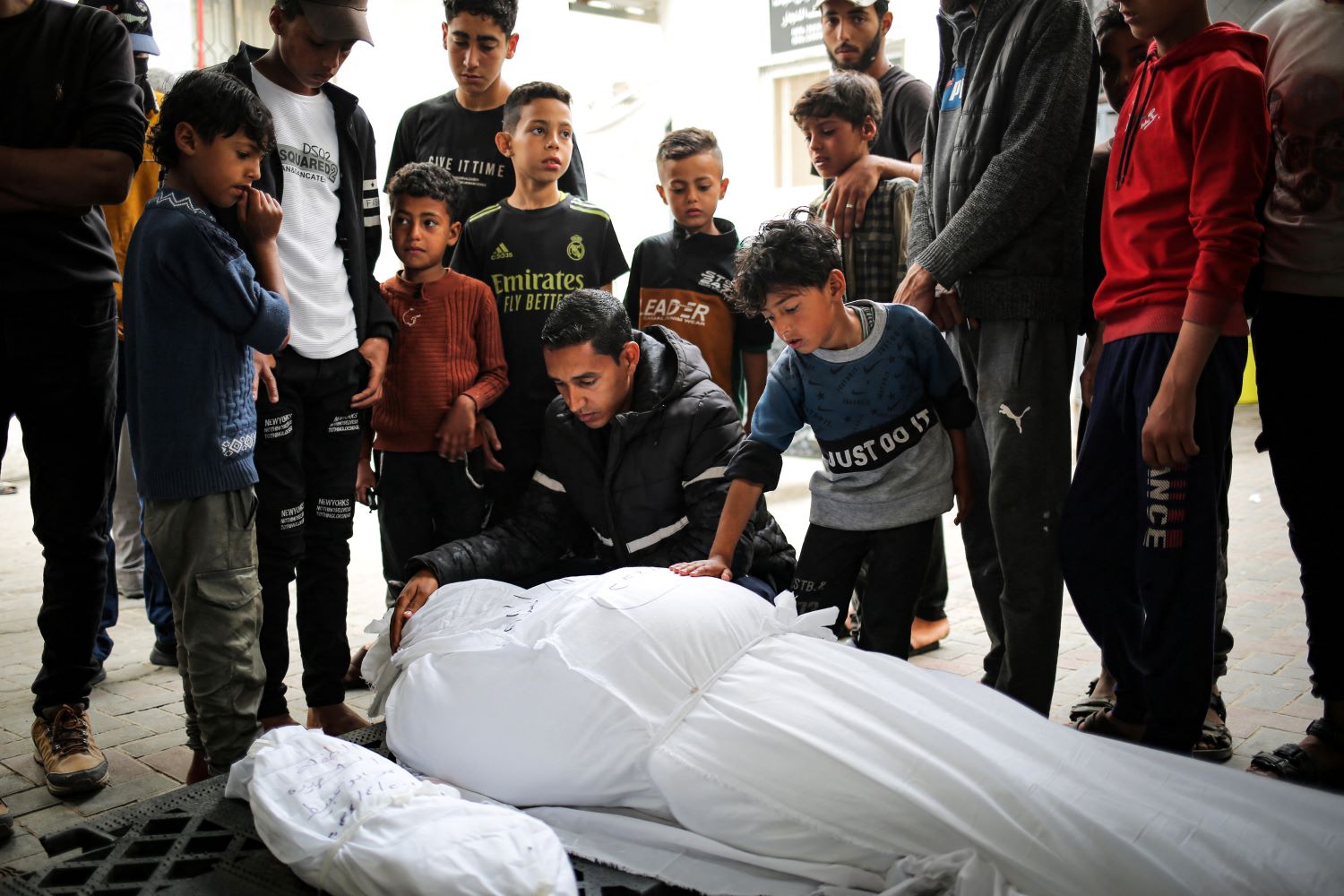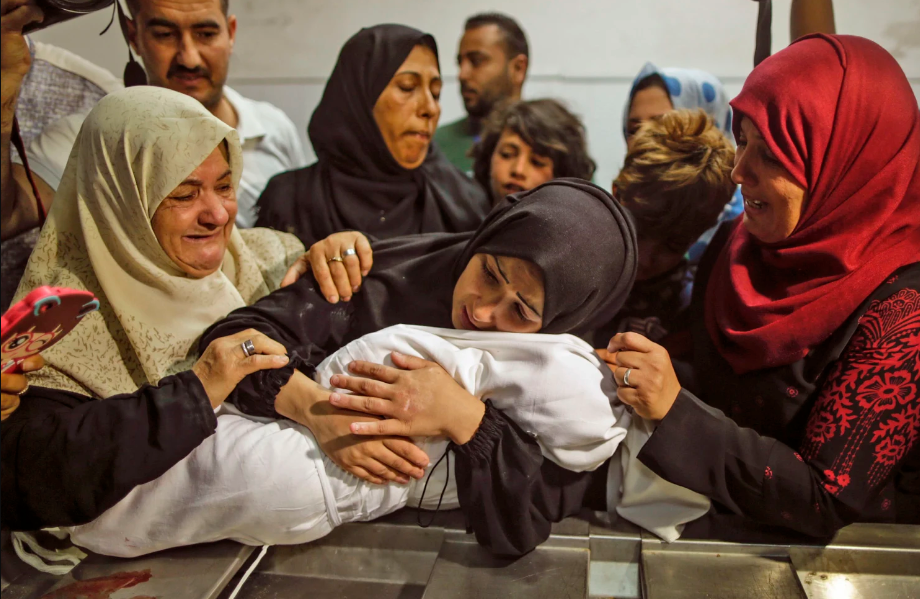By Bilal Ghaith Kiswani
RAMALLAH, May 6, 2017 (WAFA) – Two-year-old Elain Zamou, from Gaza City, had just returned home after a successful liver transplant in Turkey.
Zamou, according to her father, Omar, has suffered from liver failure from age three months. She was getting treatment at Gaza hospitals for a while until her situation worsened at age 10 months and suffered from bleeding in the esophagus.
She was rushed to an Israeli hospital after getting an Israeli army issued permit to leave Gaza through Beit Hanoun (Erez) checkpoint and after the Ministry of Health provided her with the necessary patient referral papers that say all costs, including for the accompanying party, will be covered by the ministry.
The doctors, however, informed Zamou’s parents that the only to save her life is for her to get a liver transplant.
The Ministry of Health, through its patient referral program, transferred Zamou to a specialized hospital in Turkey. Zamou, in an unusual step, was flown out of Tel Aviv airport, usually off to Palestinians from Gaza and the West Bank, on a special medical airplane arranged for through the ministry.
Upon arrival in Turkey, she underwent liver transplant provided by her mother, and remained there for 50 days until doctors were definite that she was doing well and was then sent back home to Gaza.
For many Palestinian patients, particularly those in the besieged and impoverished Gaza Strip, the patient referral program is a life-saving Ministry of Health program in spite of its high cost for a financially strapped ministry and government.
Amira Hindi, who runs this program in the Ministry of Health, told WAFA that Zamou is only one of thousands of children and other patients the ministry makes hard effort to transfer to specialized hospitals outside their area of residence with almost all costs paid if medical treatment is not available in the Palestinian hospitals.
“Gaza patients normally get 100 per cent exemption, while West Bank patients usually get an average of 70 per cent exemption,” she said, explaining that when her department gets a referral request, it immediately looks into it due to the urgency of the matter and takes action as quickly as possible.
When a patient from Gaza gets a referral approval to a hospital in East Jerusalem, Israel, Egypt or abroad, work starts immediately by the family to obtain a hospital appointment in order to start work on getting the special Israeli permit that would allow the patients and an accompanying person to leave Gaza through Beit Hanoun checkpoint.
According to the biweekly World Health Organization reports on Gaza patient referrals, getting an Israeli permit to leave Gaza was not always guaranteed and there were many cases of patients who died while waiting for this permit.
Hindi said her office covers also room and board costs of a family member of a Gaza patient getting treatment abroad, while it does not provide the same treatment for West Bank patients, who have to pay their own costs.
She said that between June 2014 and October 2016, the Ministry of Health spent over $160 million on referrals, stressing that if local hospitals can provide the medical treatment, the patient will be transferred to a local one and not abroad.
She said people have accused her of discriminating between patients when it comes to referrals.
“I have come under personal attack and criticism because I am strict when it comes to referrals,” she said. “But I work day and night to issue these referrals to those who need them, which should be done according to law and after providing proper documents.”
Hindi said that if referrals for Gaza patients stop for one week, there will be a crisis.
B.G./M.K.










